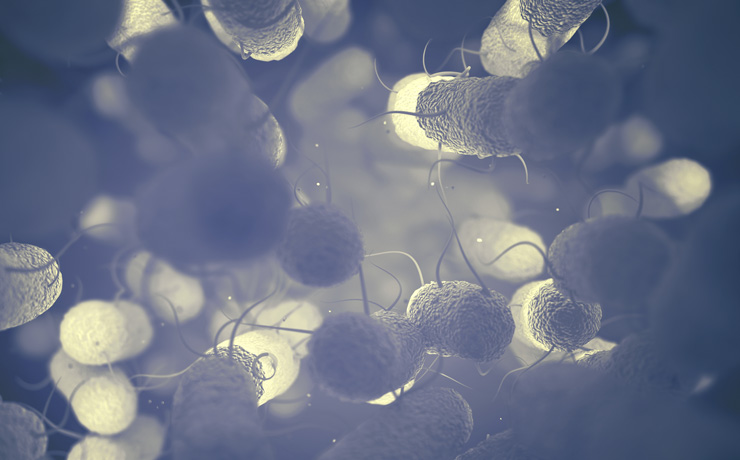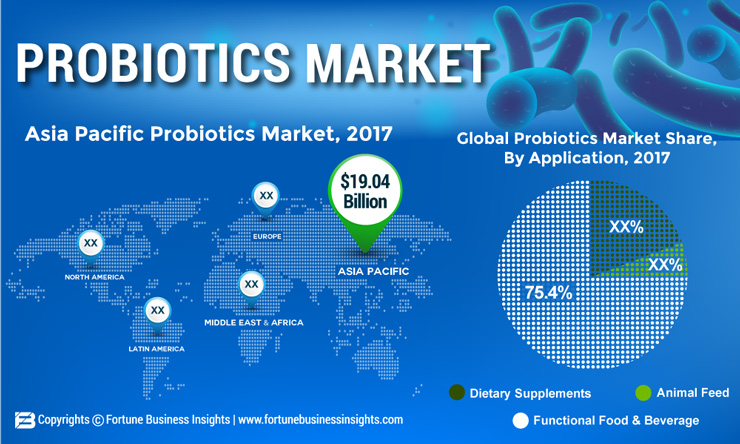
Backed by science, probiotics can enhance your physical and cognitive functions, as well as add a boost to your mental and emotional health
—
Probiotics — which have been around since the start of the 20th century — are categorized as living organisms that are useful to the human body. The primary function of probiotics is to maintain the health of your ‘gut’.
Our environment includes several types of live bacteria, not all of which are harmful to the human body. Although these bacteria have been misconceived for a long time, recent scientific discoveries have unfolded the hidden potential of probiotics. The paradigm shift from ‘dangerous’ to ‘useful’ is a clear depiction of just how far probiotics have come, but in all fairness, not everyone is comfortable with the idea of infusing probiotics into their diet. That said, there are many reasons to look upon probiotics in a favorable light. Here are a few:
Scientist’s Perspective: Understanding Why Probiotics Are Deemed ‘Health-friendly’
Probiotics are normally prescribed to people who have digestive problems with the consumption of dairy products. The substance can be used to treat bowel disorders and a few yeast infections. Hence, proven clinical benefits of probiotics have opened up a huge potential. Moreover, adoption of healthy dietary habits will lead to a wide adoption of the substance in the coming years.
Yet, despite several health benefits, probiotics are still vaguely defined and many people are still influenced by old ways of thinking based on the trails of misconception about the risks of probiotics. Although the concerns regarding the use of live organisms on human health are understandable, we need to realize that use of probiotics in an optimized way can yield exceptional health benefits that enhance the digestive system of the human body.
Naturally Occurring Probiotics: A Blessing or a Curse?
The human body is loaded with naturally occurring bacteria. While most of them are generally regarded as safe, there is a huge number of them that may still be harmful. The number of bacteria cells in our body outnumber the total human cells by a staggering 10:1. This means that for every human cell, there are 10 bacterial cells waiting to act on it. Such massive numbers are a clear indication of the high sensitivity associated with the human digestive system.
Natural probiotics, such as bifidobacteria and lactobaccilus, have been found to have a positive impact on the body. Bifidobacteria helps boost the immune system and also aids in restricting the growth of harmful bacteria in the intestine. This probiotic also breaks down the lactose that is present in the intestine and helps convert this into nutrients that are useful for the body. Lactobaccilus, as its name suggests, is a major producer of lactic acids. These lactic acids help absorb the essential minerals that are required in the growth of the muscles.
Besides these bacteria, there are several foods that are rich in probiotics. A few of the easily available foods and beverages that contain abundant probiotics include:
- Buttermilk
- Cheese
- Yogurt
- Pickles
- Miso
- Kombucha
- Sauerkraut
- Brine-cured olives
- Fermented soy-beans

Upsurge in Probiotic Usage: Clinical Approvals Are A Driving Force
As per data provided by the National Centre for Complementary and Integrative Health (NIH), over 3.5 million people in the United States are regular consumers of probiotics — a statistic 4 times higher than what was recorded in 2007. Although examining authorities were initially reluctant to clear the use of probiotics, scientific advancements have helped win over the critics, as well as consumers.
The demand for probiotics has risen dramatically in recent years. One reason is that the use of probiotics in vegan foods helps to enhance the taste due to fermentation properties. In this way, vegans can enjoy the taste of dairy products without actually having to consume any form of dairy. In addition to their use in food products, probiotics are also being used in several cosmetic products such as anti-aging creams and lotions. Probiotics are also being used in breakthrough applications for cancer treatment.
When all of these benefits are factored in, it is easy to see why there has been an upsurge in the total investment in the study of probiotics — a delicious way to introduce helpful bacteria into your life.
You may also enjoy reading Health In a Jar: Growing Your Own Probiotics by Donna Schwenk